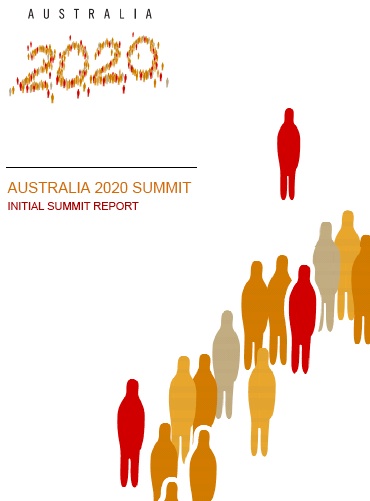Occasionally I go back and read some of Paul Graham‘s past essays. I find them to be a source of enlightenment, mostly on issues surrounding startups. Some gems are consigned to the footnotes:
There are two very different types of startup: one kind that evolves naturally, and one kind that’s called into being to “commercialize” a scientific discovery. Most computer/software startups are now the first type, and most pharmaceutical startups the second. When I talk about startups in this essay, I mean type I startups. There is no difficulty making type II startups spread: all you have to do is fund medical research labs; commercializing whatever new discoveries the boffins throw off is as straightforward as building a new airport. Type II startups neither require nor produce startup culture. But that means having type II startups won’t get you type I startups. Philadelphia is a case in point: lots of type II startups, but hardly any type I.
Incidentally, Google may appear to be an instance of a type II startup, but it wasn’t. Google is not pagerank commercialized. They could have used another algorithm and everything would have turned out the same. What made Google Google is that they cared about doing search well at a critical point in the evolution of the web.
In this footnote alone there is a sizeable nugget of wisdom for any government or other innovation funding body outside of the Valley that cares to listen. Whether you see it as a good thing or a bad thing, it’s clear there is no startup culture in this country. I’d guess that a disproportionate number of ventures in Australia fall into Graham’s type II category: commercialising the results of academic research with no startup culture required and none produced. Notwithstanding the regulatory risk that often accompanies startups formed around a scientific breakthrough (think biotech and pharmaceuticals), the VCs that fund these sorts of ventures would typically shoulder less financial risk than their type I-loving Valley counterparts; there’s a surer trajectory for type II ventures because there are fewer unknowns. Another way of saying this is that series A funding for type II ventures (probably the most common kind of startup in Australia) is more like a series B or C round in the Valley.
The last part of the footnote above is perhaps most important. I hope that governments here don’t think that by allocating tax-payer funded block grants to pseudo-commercial technology “incubators” with an academic bent that a Google will pop out the other end. It could happen, but not by design. What these “investments” are more likely to produce is a steady trickle of good science resulting in the occasional type II startup. If that’s what’s intended, it’s all good, but let’s be clear about it! The creation of a Google by this means would be due more to luck than careful planning, and our current funding models certainly won’t trigger a self-sustaining chain reaction of startups.


